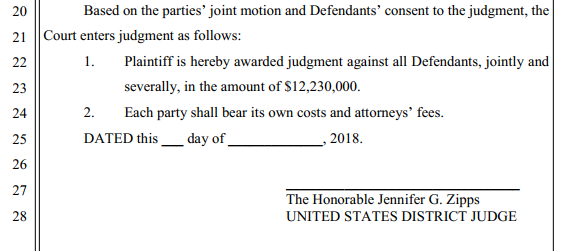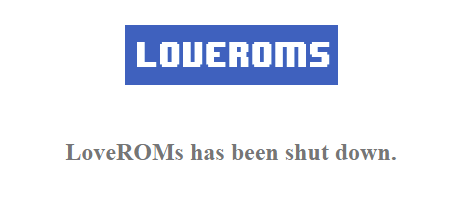‘Pirate’ Set-Top Boxes Used By 45% of Online Thai Consumers
mercredi 14 novembre 2018 à 17:57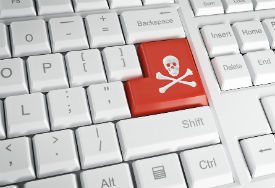 This morning, the Asia Video Industry Association’s (AVIA) Coalition Against Piracy (CAP), which represents the interests of groups including the MPA and other major companies, revealed the results of a commissioned YouGov survey.
This morning, the Asia Video Industry Association’s (AVIA) Coalition Against Piracy (CAP), which represents the interests of groups including the MPA and other major companies, revealed the results of a commissioned YouGov survey.
“In a recent study of the content viewing behavior of Thai consumers, it was revealed that 45% of consumers use a TV box which can be used to stream pirated television and video content,” CAP writes.
“These TV boxes, also known as Illicit Streaming Devices (ISDs), allow users to access hundreds of pirated television channels and video-on-demand content, usually with a low annual fee.”
In the above paragraph, the precise definition of “consumer” isn’t particularly clear. Also, the use of the phrase “can be used” is open to ambiguity. TorrentFreak spoke with Neil Gane, General Manager of CAP, who was happy to clarify on both fronts.
“The survey focused on Internet-connected/online consumers. [T]he survey also included consumers who are online and yet don’t view video content, as all respondents were given the option to select ‘Not applicable – I don’t watch television and video content’,” Gain explained.
Gane further clarified that the 45% of consumers does not include users who use general “piracy-capable” devices such as computers, laptops, mobile phones, or Firestick/Chromecast dongles etc.
CAP’s General Manager added that while most devices “can be used” to stream pirated content, the survey was “solely focused on TV boxes pre-loaded with infringing app(s), which by definition would make them illicit streaming devices (ISDs).”
Examples of ‘pirate applications’ found on such devices include Mango TV, HD Playbox, and U Play, which provide access to streaming movies and TV shows, mainly on Android.
With the details established, the claims of the effects of piracy-enabled devices are more easily digested. CAP says that of the 45% of consumers who bought such a device, “more than two in three (69%) stated that they canceled all or some of their subscriptions to legal pay TV services.”
The YouGov research also established that younger people are attracted to piracy-configured devices. They are particularly popular among 18 to 24-year-olds, “with more than three in four (77%) canceling legitimate subscription services as a result of owning ISDs, especially international online subscriptions (40%).”
Of course, no recent anti-piracy announcement would be complete without claims about malware running riot.
“The damage that piracy does to the creative industries is without dispute,” Gane explains.
“However, the damage done to consumers themselves, because of the nexus between content piracy and malware, is only beginning to be recognized. Piracy websites and applications typically have a ‘click happy’ user base, and, as such, are being used more and more as clickbait to distribute malware.”
There is little doubt that many users of pirate websites are indeed “click happy” in their quest for free content and that can lead them into trouble. However, we’ve covered malware issues before (specifically in respect of so-called “Kodi Boxes”) and found nothing to suggest that there is a significant risk to consumers.
Of course, that doesn’t mean there isn’t a risk with other software pre-installed on set-top boxes – it’s a computer after all, and all such devices are vulnerable to infection. That means that as a minimum, all users should consider running anti-virus software on all devices capable of doing so.
That being said, set-top boxes are isolated machines that rarely carry much of value to malware distributors. Most people don’t browse on these machines, send email, or enter any personal or banking information. There is always some risk involved, but in the set-top box environment, it’s almost certainly minimized.
Speaking with TF, Neil Gane said that the study wasn’t related to malware but he stands by his references to the “piracy/malware nexus”. He also pointed us to a September 2018 EU report that found that trojans and malware can be found on pirate sites, leading to “not only financial losses, but also theft of personal data and other risks of unwanted access and control.”
While that’s true, the same report also stated that copyright-infringing websites and streaming services are not normally considered to be dominant sources of malware.
Source: TF, for the latest info on copyright, file-sharing, torrent sites and more. We also have VPN reviews, discounts, offers and coupons.
 For more than a decade, alleged file-sharers around the world have been pressured to pay significant settlement fees.
For more than a decade, alleged file-sharers around the world have been pressured to pay significant settlement fees.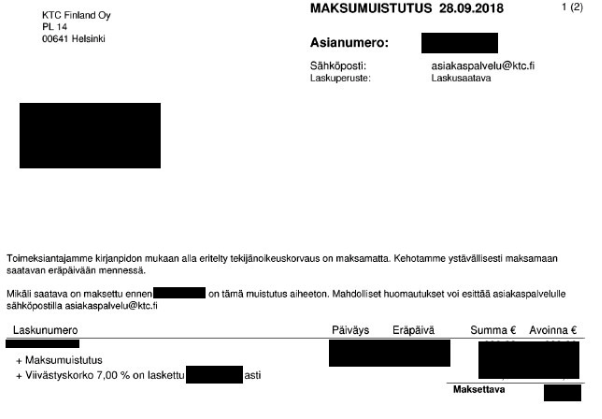
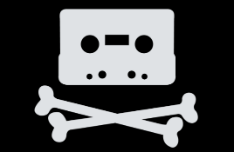 There are plenty of options for copyright holders to frustrate the operations of pirate sites, but one of the most effective is to attack their domain names.
There are plenty of options for copyright holders to frustrate the operations of pirate sites, but one of the most effective is to attack their domain names.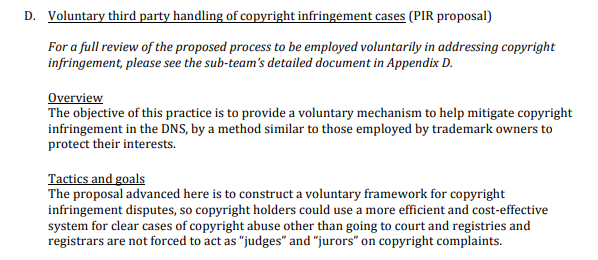
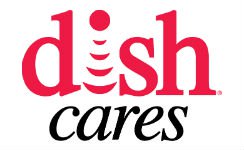
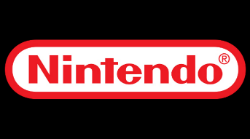 This summer, Nintendo made it totally clear that websites offering access to its retro-games and ROMs will not be tolerated.
This summer, Nintendo made it totally clear that websites offering access to its retro-games and ROMs will not be tolerated.